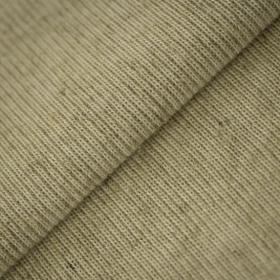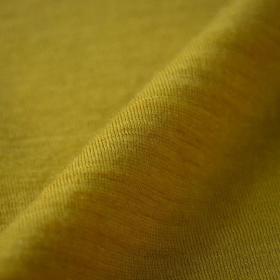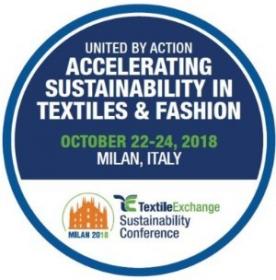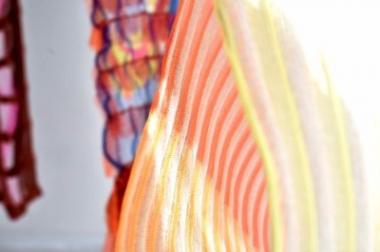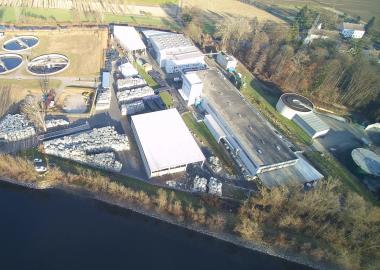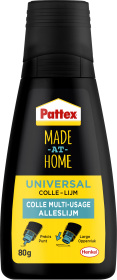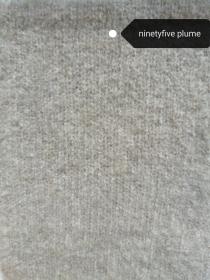New research pushing the limits for ‘fast’ and ‘slow’ fashion towards a sustainable, circular future
- conceptual and commercial garments presented at exhibition in London
After two years of research Mistra Future Fashion is honoured to present, in collaboration with Centre for Circular Design at University of the Arts London and Filippa K, an exhibition pushing the limits of ‘fast’ and ‘slow’ fashion. Started in 2017, the industry-embedded project Circular Design Speeds takes a unique systemic approach, showcasing what could be accomplished using existing value chains as well as what the future of sustainable fashion holds. Ground-breaking textile research from University of the Arts London is questioning normative use and design of garments in creating prototypes to be worn across a spectrum of 24 hours to 50 years. By implementing research into existing value chains, Filippa K have produced a coat that is 100% recycled and recyclable, as well as a concept dress that is 100% bio-based and biodegradable. The research results and garments will be presented at the launch event at the University of the Arts London, on November 23rd and open to public on the 24th and 25th of November.
On Friday November 23rd the exhibition Disrupting Patterns: Designing for Circular Speeds opens up at University of the Arts London. The exhibition is the results of a two-year research project called Circular Design Speeds aiming at pushing the limits of ‘fast’ and ‘slow’ fashion by testing new concepts for sustainable design in an industry setting. On display are exploratory prototypes, as well as commercial garments produced by industry partner Filippa K using existing value chains. In addition, research results on innovative materials, consumer acceptance, composting studies and Life Cycle Assessments are presented. The aim of this project is to implement research results in a real fashion industry context, focusing on speed of use and maximising fabric value retention in products.
The Service Shirt developed by Professor Rebecca Earley is designed to last for over 50 years. The concept garment explores the multiple complexities, challenges and opportunities associated with design for circular business models in extended use contexts. The Service Shirt was designed as a ‘deliberate extreme’ to have a total lifecycle of 50 years. This lifecycle includes in-house and external remanufacturing processes, as well as various use cycles – often moving between single ownership and rental and sharing contexts. It becomes the lining for a jacket and then crafted in to fashion accessories, before finally being chemically regenerated in the year 2068.
On the opposite side of the spectrum the Fast-Forward concept, developed by Prof Kay Politowicz and Dr Kate Goldsworthy, explores alternative modes of production and use for a sustainable ‘fast-fashion’ application. Advantages with regards to climate impact are enabled through lighter material choices, nonwoven fabric production, no launder, clear routes to recovery and redistributed manufacturing systems. A sliding scale of ‘speed’ from ultra-fast forward through to a more widely accepted length of use, with adaptations to production processes and end of life, is presented. The prototypes are made from a new bio-based nonwoven material co-developed with Dr Hjalmar Granberg at RISE Research Institute of Sweden & University of the Arts London. The composition of the paper is a mix of cellulose pulp and bio-based PLA fibre, making the garment 100% biodegradable or recyclable in existing paper recycling systems.
Working closely with industry partner Filippa K made commercial testing possible. By implementing research into existing value chains, Filippa K was able to produce a coat that is 100% recycled and recyclable, as well as a concept dress that is 100% bio-based and biodegradable. The garments are a part of Filippa K’s Front Runner series and will be available in selected stores on November 26th. With a focus on products’ length of use and maximizing fabric value retention, Filippa K are dedicated to becoming fully circular by 2030.
“Being part of the fashion industry comes with many challenges, especially when considering the fact that we are the second most polluting industry after oil. Our industry needs to change and we believe adapting to circular models, like nature’s ecosystem, is one important solution. We want to be able to offer beautiful clothing and to make business within the planetary boundaries.”
- Elin Larsson, Sustainability Director, Filippa K
To validate the design research presented, a Life Cycle Assessment was performed on the prototypes. Mistra Future Fashion affiliated Dr. Greg Peters, Chalmers University of Technology, together with additional LCA Researchers at RISE, conclude that the production of fibres and fabrics are the main processes impacting the environment during the garment life cycles. Therefore, to extend the lifetime of existing garments and design for re-use, as done in the Service Shirt, is indeed the superior alternative compared to a reference garment.
“Compared with garments of the same mass, the extended life garments represent a large improvement in environmental performance over the reference garments, outperforming the reference garments in all effect categories. This superiority is primarily a consequence of avoiding garment production via reprinting and reassembly of the initial garment to extend its useful life.”
- Dr Greg Peters, LCA Researcher at Chalmers University of Technology
Another way to circumvent the impacts of fast fashion is to develop materials with considerably lower impacts during production, and which also avoid the barriers to recycling faced by conventional garments. Instead of hinder consumers from buying new, the act of acquiring a new garment could in fact be sustainable. The paper-based short life garments considered in this assessment show considerable impact savings when compare to the benchmark garment. Dr. Peters says,
“The paper-based garments benefit from the lower impacts of the material (fibre production, spinning and knitting) compared with conventional cotton, from their relatively light weight and also on account of the lower impacts in garment production and use.”
RISE AB










